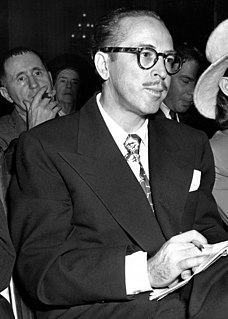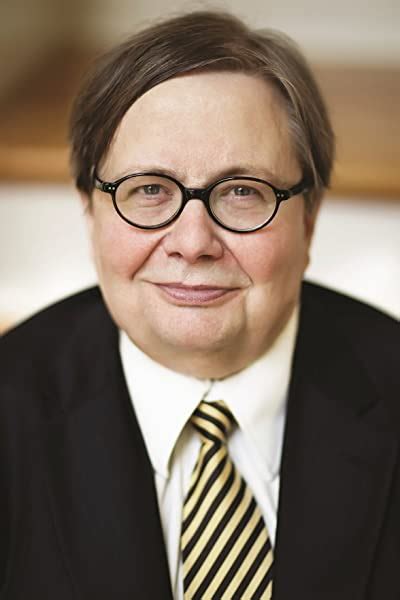A Quote by Gene Simmons
My background is full of pain. My mother was in a Nazi concentration camp and our whole family was killed off. Then early on your father leaves and all you've got is your mother, and I was an only child. Then you come to a new country and I can't speak English.
Related Quotes
The moment a child is born, the mother is also born. She never existed before. The woman existed, but the mother, never. A mother is something absolutely new." and so in you the child your mother lives on and through your family continues to live... so at this time look after yourself and your family as you would your mother for through you all she will truly never die.
My family background really only consists of my mother. She was a widow. My father died quite young; he must have been thirty-one. Then there was my twin brother and my sister. We had two aunts as well, my father's sisters. But the immediate family consisted of my mother, my brother, my sister, and me.
When Patanjali says "non-attachment", he is not anti-love. Really, he is for love. Non-attachment means be natural, loving, flowing, but don't get obsessed and addicted. Addiction is the problem. Then it is like a disease. You cannot love anybody except your child - this is addiction. Then you will be in misery. Your child can die; then there is no possibility for your love to flow. Even if your child is not going to die, he will grow. And the more he grows, the more he will become independent. And then there will be pain. Every mother suffers, every father suffers.
The mother, the father and the child have to come into a sacred relationship. The mother must see the father and the child as a holy and sacred person. The father must see the mother and the child as a holy and sacred person. And then the child can see the mother and the father as God, which is the way it should be, as a sacred being.
How I saw in her my own true nature. What was beneath my skin. Inside my bones... Even though I was young, I could see the pain of the flesh and the worth of the pain. This is how a daughter honors her mother. It is shou so deep it is in your bones. The pain of the flesh is nothing. The pain you must forget. Because sometimes that is the only way to remember what is in your bones. You must peel off your skin, and that of your mother, and her mother before her. Until there is nothing. No scar, no skin, no flesh.
Then there was this freedom the little guys were always getting killed for. Was it freedom from another country? Freedom from work or disease or death? Freedom from your mother-in-law? Please mister give us a bill of sale on this freedom before we go out and get killed. Give us a bill of sale drawn up plainly in advance what we're getting killed for... so we can be sure after we've won your war that we've got the same kind of freedom we bargained for.
Tell me, enigmatical man, whom do you love best, your father, Your mother, your sister, or your brother? I have neither father, nor mother, nor sister, nor brother. Your friends? Now you use a word whose meaning I have never known. Your country? I do not know in what latitude it lies. Beauty? I could indeed love her, Goddess and Immortal. Gold? I hate it as you hate God. Then, what do you love, extraordinary stranger? I love the clouds the clouds that pass up there Up there the wonderful clouds!
Every father is given the opportunity to corrupt his daughter's nature, and the educator, husband, or psychiatrist then has to face the music. For what has been spoiled by the father can only be made good by a father, just as what has been spoiled by the mother can only be repaired by a mother. The disastrous repetition of the family pattern could be described as the psychological original sin, or as the curse of the Atrides running through the generations.
Family really meant almost nothing to me for many years but then, to my enormous surprise, when I met my partner James I found myself re-engaging and re-connecting. My mother died in 1977 but I got to know my father as an adult, and he got on well with James. A rapprochement with my whole family followed.
Half the walk is but retracing our steps. We should go forth on the shortest walk, perchance, in the spirit of undying adventure, never to return-prepared to send beck our embalmed hearts only as relics to our desolate kingdoms. If you are ready to leave father and mother, brother and sister, and wife and child and friends and never see them again,-if you have paid your debts and made your will, and settled your affairs and are a free man, then you are ready for a walk.

































